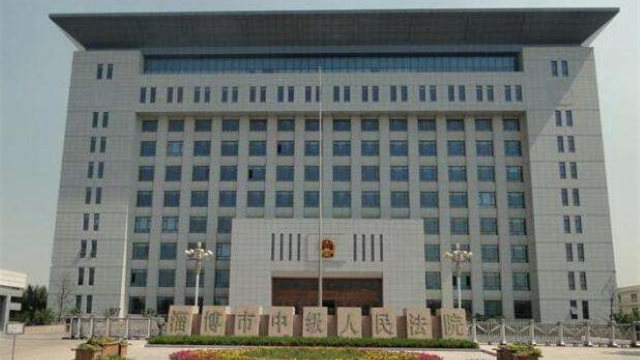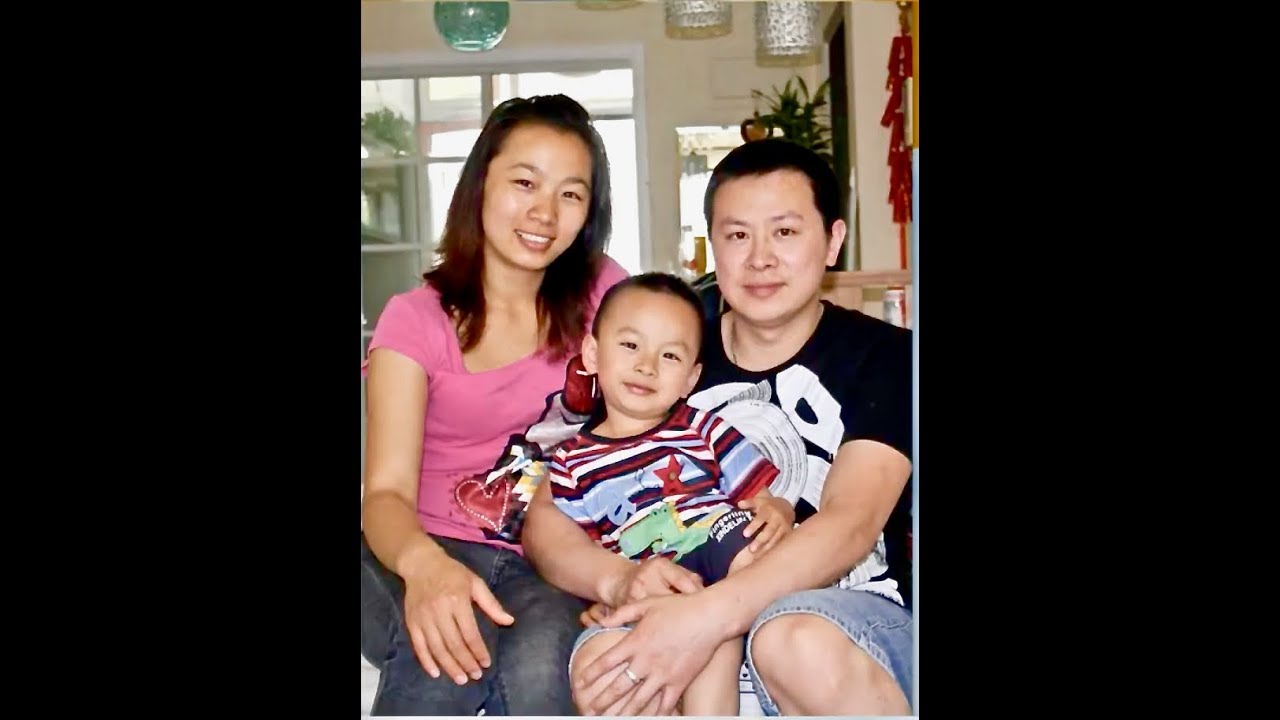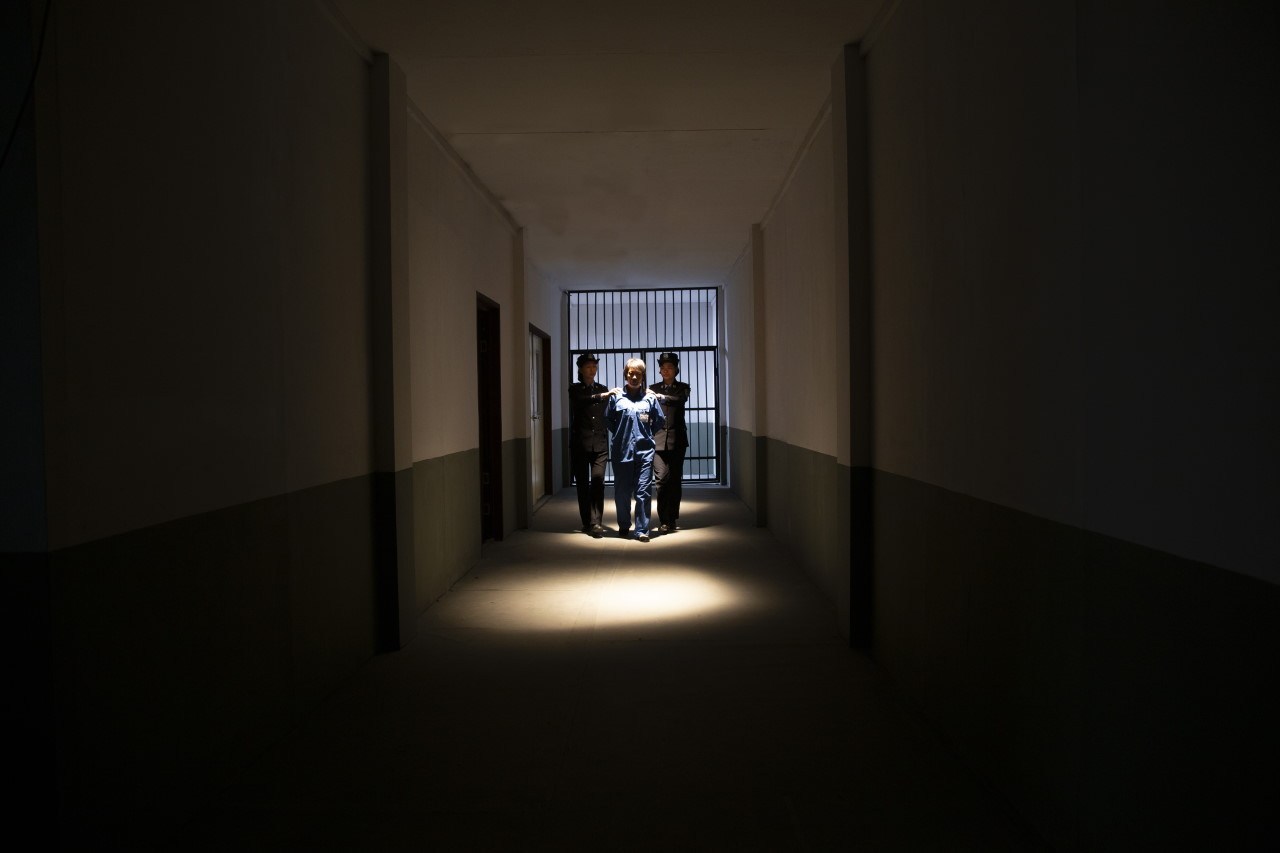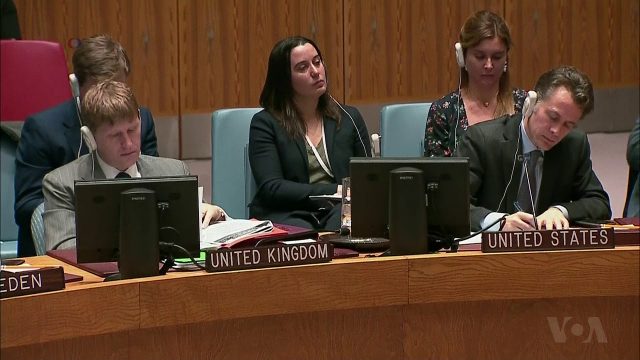At least five ethnic Uyghur professors from one of the top universities in northwest China’s Xinjiang Uyghur Autonomous Region (XUAR) are being held in political “re-education camps,” according to one of their former colleagues and an official with the school who confirmed their detentions.
Qutluq Almas, a former lecturer at Xinjiang University in the XUAR capital Urumqi living in exile in the U.S., recently posted a message on social media saying sources inside the region had confirmed to him that literature professors Abdukerim Rahman, Rahile Dawut, Azat Sultan and Gheyretjan Osman were detained in January, while former language professor Arslan Abdulla was arrested later.
“According to credible information I have received, [Rahman] is currently held in a so-called ‘re-education camp,’” Almas said of the academic, who is in his 80s.
“I don’t know what his situation is at the moment.”
Dawut, Sultan and Osman were taken to camps as well, he added, although he did not provide information on when they were arrested.
Abdulla, in his 70s, “was taken to one of the camps seven or eight months ago,” the former professor said.
Established in 1924, Xinjiang University currently has an undergraduate enrolment of more than 20,000 students, and counts among its alumni president of the Munich-based World Uyghur Congress exile group Dolkun Isa.
Beginning in April 2017, Uyghurs accused of harboring “strong religious views” and “politically incorrect” ideas have been jailed or detained in political “re-education camps” throughout the XUAR, where members of the ethnic group have long complained of pervasive discrimination, religious repression, and cultural suppression under Chinese rule.
Sources, including Almas, have told RFA’s Uyghur Service that at least 56 Uyghur lecturers and researchers from Xinjiang University are currently held in re-education camps, but the new information marks the first time any of their identities could be verified.
In order to confirm the former lecturer’s claims, RFA contacted Xinjiang University, and an employee there directed inquiries about the five professors to the University’s General Supervision Office, also known as the “Headquarters.”
A staffer at the Headquarters told RFA that she had “no information regarding their cases” and that “nothing about them has been disclosed yet.”
She was unable to provide information about whether the professors are being held together, or whether it was university’s Disciplinary Department or Police Department that handled their cases.
When asked why the professors were detained, the staffer said that the accusations against them “are all the same, but I don’t know the reasons for their arrests.”
She refused to disclose who had replaced the professors, or whether their cases were being treated as “state security” matters.
Uyghur educators
Last week, U.S. State Department spokesperson Heather Nauert said the US government was “deeply troubled” by the crackdown on Uyghurs in Xinjiang, adding that “credible reports indicate that individuals sent by Chinese authorities to detention centers since April 2017 numbers at least in the hundreds of thousands, and possibly millions.”
The official warned that “indiscriminate and disproportionate controls on ethnic minorities’ expressions of their cultural and religious identities have the potential to incite radicalization and recruitment to violence.”
A group of U.S. lawmakers, in a recent letter, asked President Donald Trump’s administration to “swiftly act” to sanction Chinese government officials and entities complicit in or directing the “ongoing human rights crisis” in Xinjiang.
The position of China’s central government authorities has evolved from denying that large numbers of Uyghurs have been incarcerated in camps to disputing that the facilities are political re-education camps. Beijing now describes the camps as educational centers.
Adrian Zenz, a lecturer in social research methods at the Germany-based European School of Culture and Theology, has said some 1.1 million people are or have been detained in the re-education camps, which equates to 10 to11 percent of the adult Muslim population of the region.
Uyghur educators are kept under strict monitoring in the XUAR and can face stiff punishment for not adhering to Beijing’s narrative about how China’s central government’s policies are benefitting the region and its ethnic minorities.
In September 2014, a court sentenced outspoken economics professor Ilham Tohti, who regularly highlighted the religious and cultural persecution of the mostly Muslim Uyghur ethnic minority in the XUAR, to a life term behind bars on charges of promoting separatism.
The court decision cited Tohti’s criticism of Beijing’s ethnic policies, his interviews with overseas media outlets, and his work founding and running the Chinese-language website Uighurbiz.net, which was shut down by Chinese authorities in 2014.
But rights groups say that instead of urging the separation of the XUAR—the Uyghur people’s historic homeland—from China, Tohti had called only for China to implement its own regional autonomy laws and had consistently promoted peace and dialogue between the Han Chinese and Uyghur communities, and have demanded his release.
Reported by Shohret Hoshur for RFA’s Uyghur Service. Translated by RFA’s Uyghur Service. Written in English by Joshua Lipes.
Source: Copyright © 1998-2016, RFA. Used with the permission of Radio Free Asia, 2025 M St. NW, Suite 300, Washington DC 20036. https://www.rfa.org.





